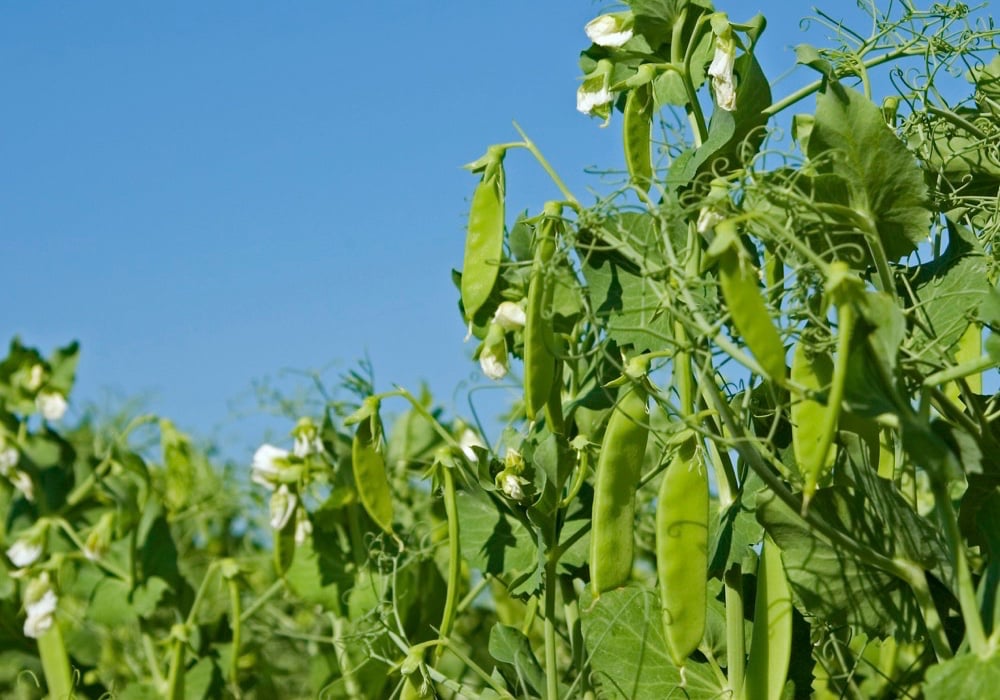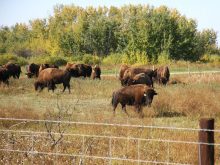(Reuters) — Hormel Foods Corp., the maker of Spam lunch meat, said it expected sales at its Jennie-O Turkey Store business to fall about 15 percent in the second half of the year, due to a supply shortfall caused by an avian flu outbreak in the United States.
However, shares of the company, which reported a better-than-expected second-quarter profit and reaffirmed its full-year profit forecast, rose 4.6 percent to US$58.34 on the New York Stock Exchange.
The Jennie-O business ended the second quarter facing substantial supply chain challenges, chief executive Jeffrey Ettinger said in a statement on Wednesday.
Read Also

New Pulse Variety Hub launched in Saskatchewan
The Pulse Variety Hub is a new digital platform from the Saskatchewan Pulse Growers to help producers select the best varieties for their specific growing conditions.
“Many of our barns remain empty under quarantine… we will be purchasing some additional meat from external sources but at a higher cost,” Ettinger said on a post-earning conference call.
The company also said it expected the first half of 2016 to be “somewhat subdued” for the Jennie-O business.
The business, which accounts for about 18 percent of Hormel’s revenue, got about 78 percent of its turkeys from its farms in Minnesota and Wisconsin last year.
About 5.5 million turkeys and egg-laying chickens have either died from the flu virus or are set to be culled in Minnesota, the largest producer of U.S. turkeys, state officials said this month.
The virus has been confirmed in 16 states and Canada and has devastated Midwestern poultry and egg producers in recent weeks, leading to the culling of 33 million birds.
Food distributor Sysco Corp. said this month that the outbreak would limit its supply of eggs and chickens that lay them for nine to 18 months, while Post Holdings Inc. called the flu a “force majeure event,” affecting about 25 percent of its egg supply commitments.
Hormel could not say when it would be able to get turkey volumes back to pre-outbreak levels.
The company said last month that a fall in turkey supplies would push its full-year adjusted earnings towards the lower end of its forecast range of $2.50-$2.60 per share.
Hormel’s net income rose to $180.4 million, or 67 cents per share, in the second quarter ended April 26, from $140.7 million, or 52 cents per share, a year earlier, boosted by lower costs in its refrigerated foods business, its biggest.
Net sales rose 1.5 percent to $2.28 billion.
Analysts on an average had expected earnings of 62 cents per share and revenue of $2.40 billion, according to Thomson Reuters.
















